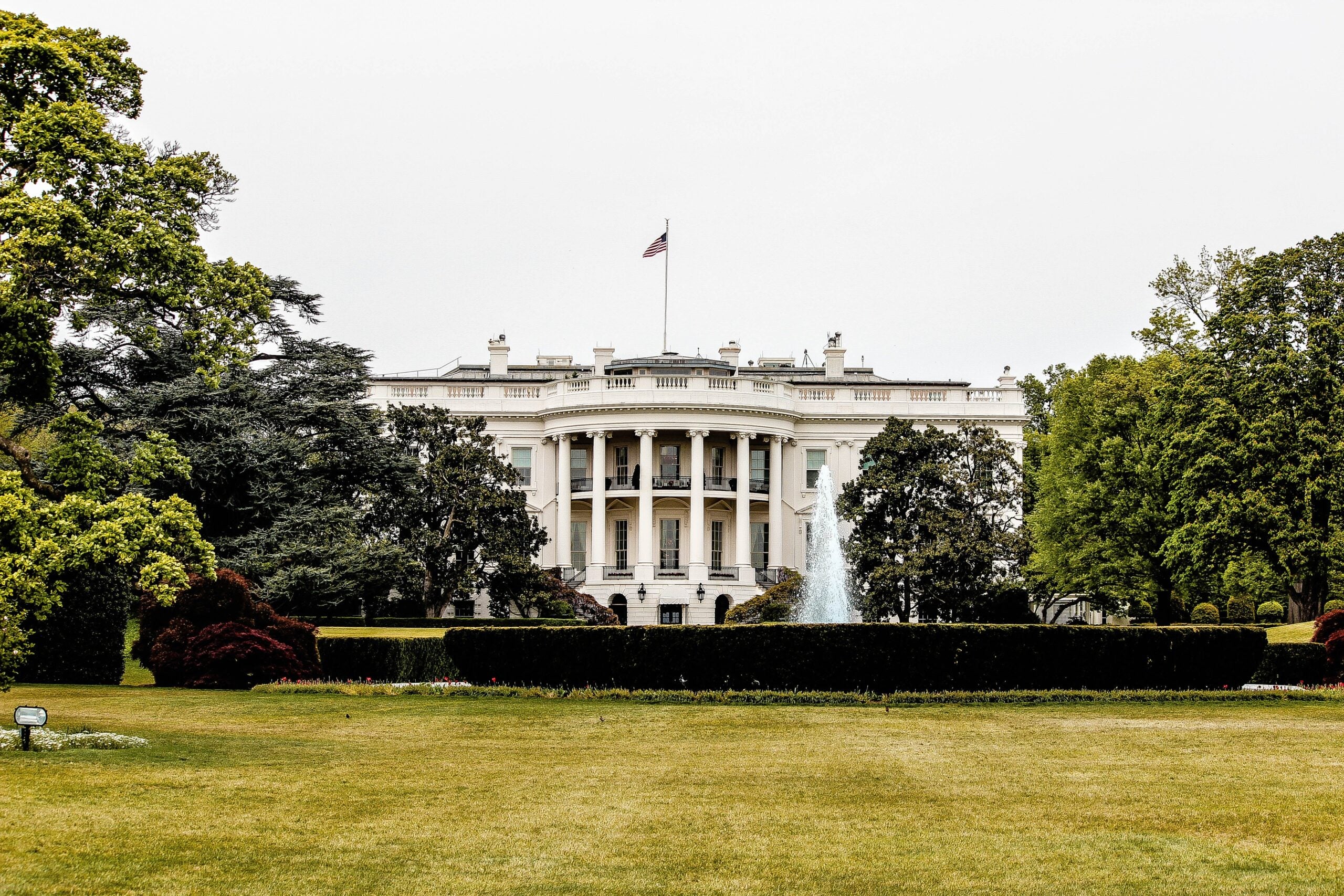Earlier this month, the Trump administration announced a significant overhaul to one of the country’s bedrock environmental laws, the National Environmental Policy Act, a move that led to outcry among conservation groups across the nation.
“The new rules reduce transparency, prohibit the government from considering climate change in decision making, and essentially allow industry to take the reins,” said Hilary Eisen, policy director at the Winter Wildlands Alliance (WWA).
In response, the WWA joined yesterday with 19 other environmental organizations, including the American Alpine Club, to file a lawsuit against the administration over the new rules.
“The process that led to these changes was a couple years in the making,” Eisen said. “The Trump administration started revising NEPA in 2018. We first tried to effect change though all of the channels outside of legal action before bringing this lawsuit. When the administration opened the changes up for public comment in January of this year, they received over a million comments, most in opposition. There was very little change taken in response to those comments.”
First enacted on January 1, 1970, NEPA requires federal agencies to consider the environmental effects of proposed governmental actions prior to finalizing decisions. The law also guarantees opportunities for public review and comment on those decisions.
“This is considered to be the Magna Carta of environmental laws. When you participate in government decisions affecting water quality, for instance, it’s NEPA that gives you the opportunity to participate. In the pre-NEPA days, there was no transparency in the process, no possibility for the public to participate,” Eisen said.
Eisen went on to say the law is crucial for upholding the environmental standards the U.S. has built over the last 50 years.
“Things were not good in the late ’60s, environmentally. Events like the Cuyahoga River catching on fire were what led to the passage of NEPA in the first place. We don’t want to go back to that time,” she said.
The lawsuit may take years to resolve, but given the lack of response from the government to other forms of opposition, it’s a crucial step to protect the law in the eyes of the WWA, the American Alpine Club, and other groups fighting to uphold stricter environmental regulations at the federal level.


